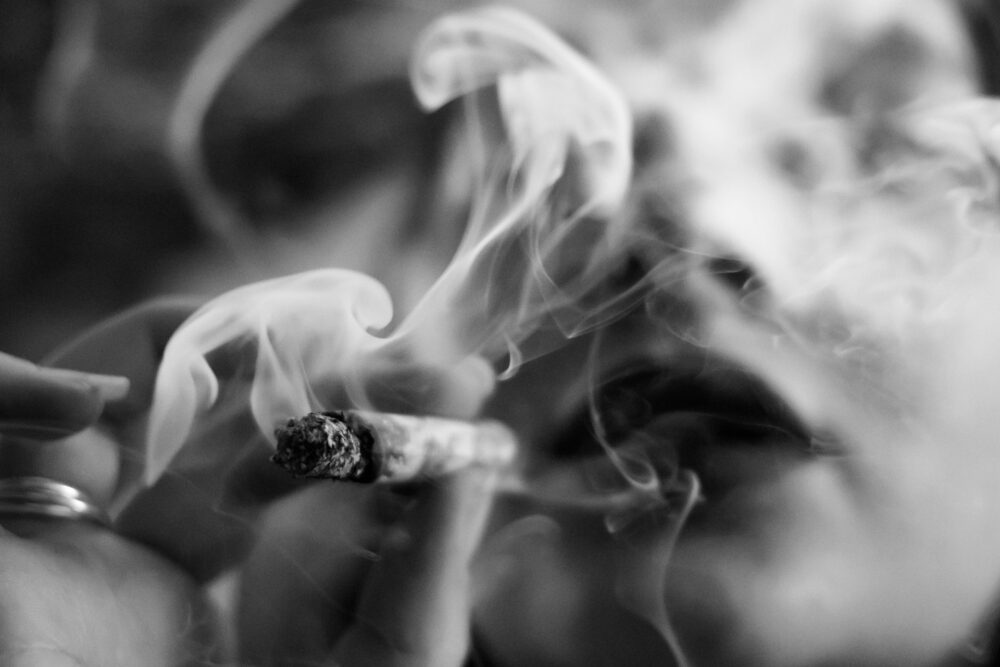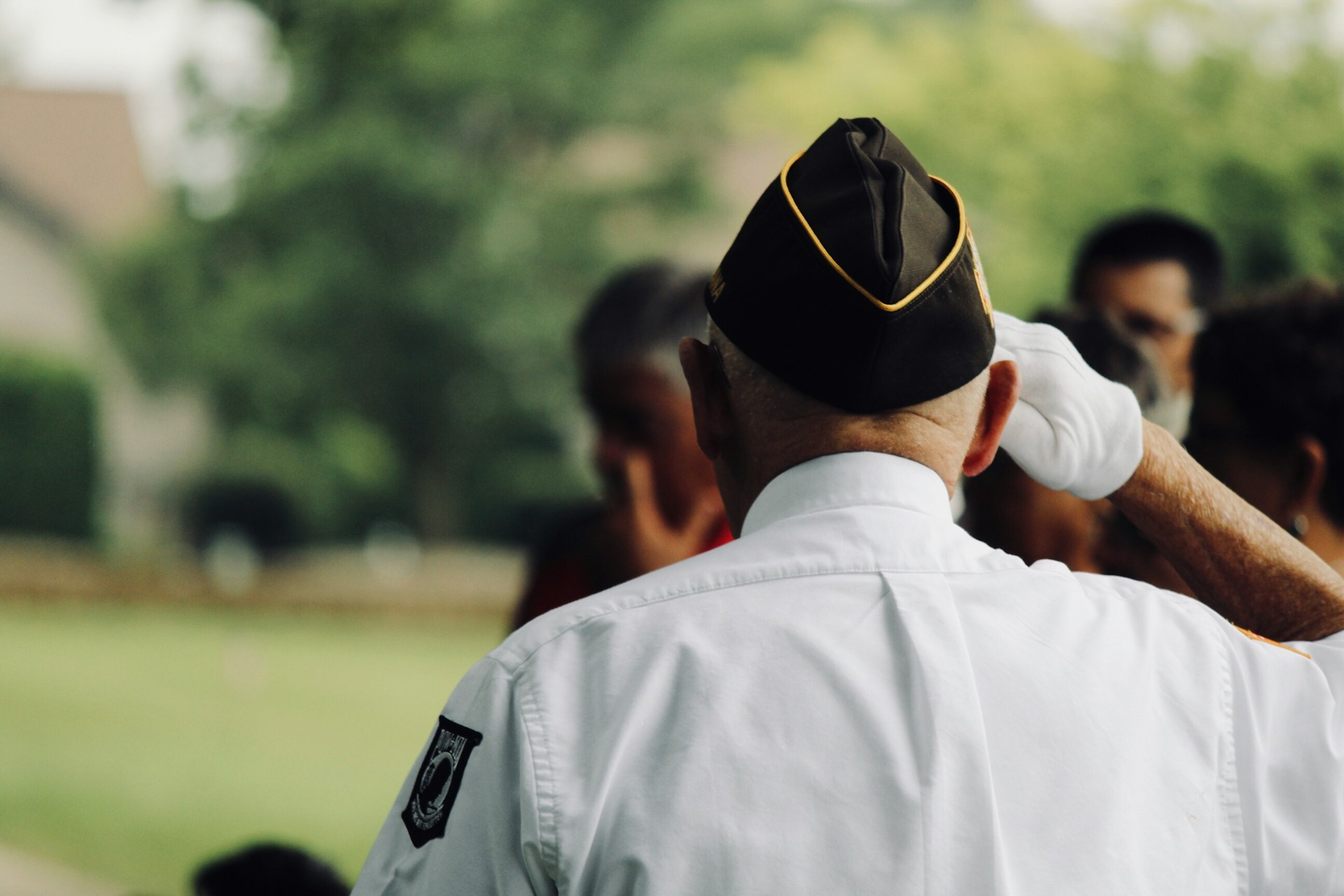In a major milestone for cannabis research and general ethical competency, the FDA has given the green light for a clinical trial to evaluate how cannabis treats veterans with PTSD symptoms. The study, spearheaded by the Multidisciplinary Association for Psychedelic Studies (MAPS), and the O.G. psychedelic champion himself Rick Doblin. The study is designed to assess the real-world benefits and risks of cannabis use for PTSD—a condition affecting nearly 6 percent of the general U.S. population and over 23 percent of veterans. Veterans with PTSD are also at increased risk of suicide so their symptoms must be treated quickly and efficiently.
This approval follows a three-year regulatory battle with the FDA because of four major hangups: the proposed THC dose of the cannabis flower product, smoking as a delivery method, vaping as a delivery method, and the enrollment of cannabis naïve participants. These discussions likely took three – years because it took MAPS that long to convince the FDA that their approach to cannabis research was, well, naive.

MAPS Wants to Prove Cannabis Helps Veterans with PTSD
“Our Veterans are in dire need of treatments that can ease their challenging symptoms of PTSD. In my own practice, Veteran patients have shared how smoking cannabis helped them manage their PTSD symptoms more than traditional pharmaceuticals. Suicide among Veterans is an urgent public health crisis, but it’s solvable if we invest in researching new treatments for life-threatening health conditions like PTSD. MJP2 will generate data that doctors, like myself, can use to develop treatment plans to help civillians and veterans with PTSD to manage their symptoms.”
Sue Sisley, M.D., Principal Investigator of MJP2
This is a pivotal moment for the cannabis industry and mental health advocacy. For years, anecdotal evidence has pointed to cannabis as an effective tool. Thousands of veterans anecdotally report that cannabis helps treat symptoms like anxiety, depression, and insomnia. This study will help bridge the gap between these anecdotes and the outdated textbooks filled with prohibition-era information on the dangers of marijuana inhalation. While it doesn’t take any research to listen to a veteran who says a joint made the night terrors stop, but having reputable data to back up the the anecdotes will only benefit future research and access possibilities.
The trial will enroll 320 veterans with moderate to severe PTSD who have prior cannabis experience, reflecting real-life consumption patterns. Participants will use high-THC cannabis flower, self-titrating (self-dosing) their cannabis to investigate its impact. MJP2 is a randomized placebo-controlled study funded by Michigan’s Veteran Marijuana Research Grant Program, using Michigan state cannabis tax revenue.
While the FDA’s long-standing resistance to cannabis research has impeded progress, we’re finally seeing institutional recognition of cannabis’s therapeutic potential. The cannabis and veteran community will be watching closely, not only for the trial’s results but also for the broader implications for research, regulation, and patient care. The medical system has long neglected veterans with PTSD at large and it’s fantastic that they’re finally getting some incredibly beneficial news.
Stay tuned for more cannabis news at respectmyregion.com







